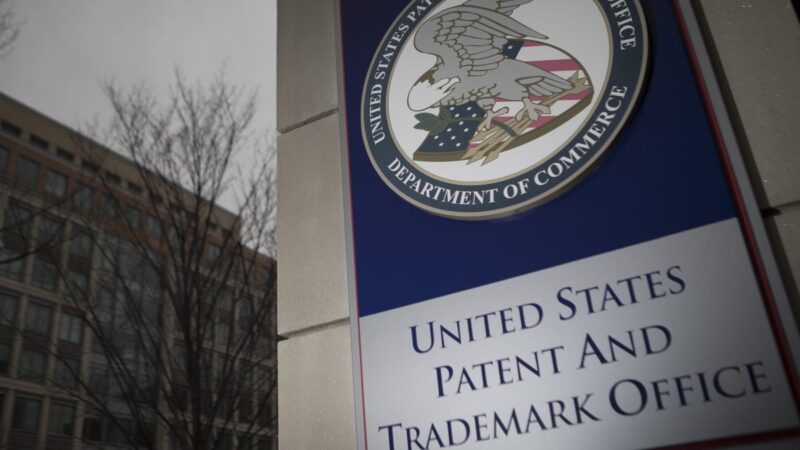Fabian Gonell

Fabian Gonell is Senior Vice President, Licensing Strategy and Legal Counsel of Qualcomm’s Technology Licensing division, where his responsibilities include developing the Company’s licensing strategy, negotiating license agreements, and overseeing the company’s compliance with the rules of standards organizations. He has played a major role in structuring and negotiating license agreements with many of Qualcomm’s licensees, including Apple, Samsung, LGE, Ericsson, and Nokia/Microsoft, as well as in Qualcomm’s response to regulatory investigations of Qualcomm’s licensing practices.
Prior to joining Qualcomm, Mr. Gonell was a litigator at Cravath, Swaine & Moore LLP in New York, where he represented Qualcomm and other clients in patent and antitrust litigation. He also served as an adjunct professor at the Fordham University School of Law, where he taught courses in interviewing, counseling and negotiation. Mr. Gonell holds a BA in Economics from the City University of New York and a JD from the Fordham University School of Law, where he was Editor-in-Chief of the Fordham Law Review.


Assessing the Patent and Trademark Office’s Inventorship Guidance for AI-Assisted Inventions
